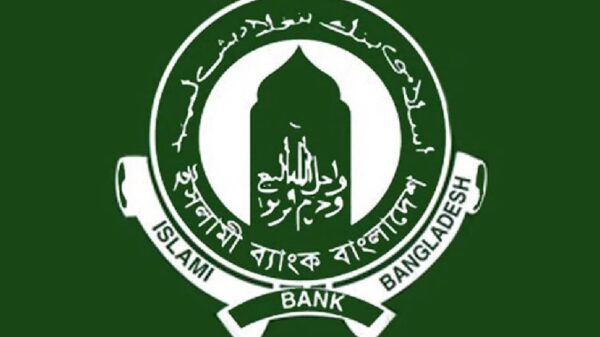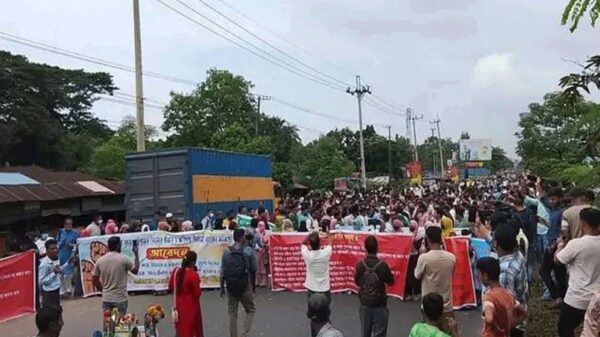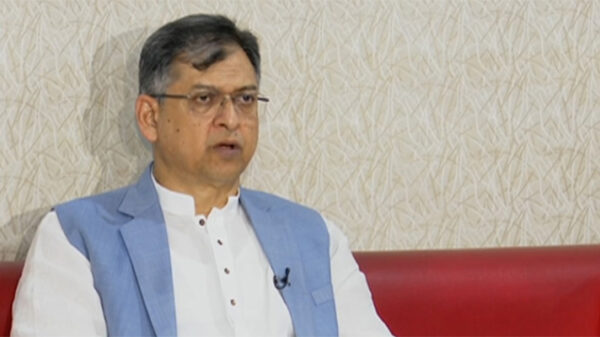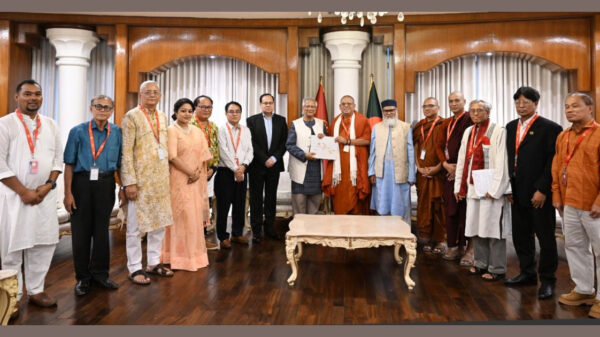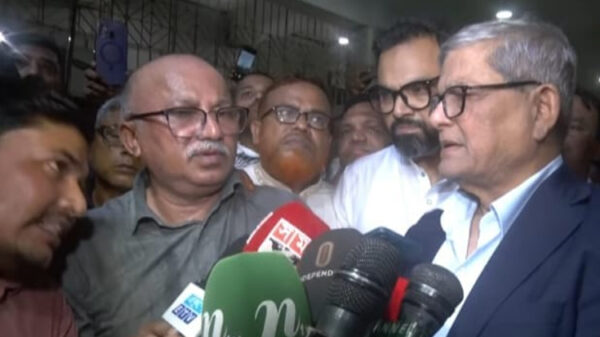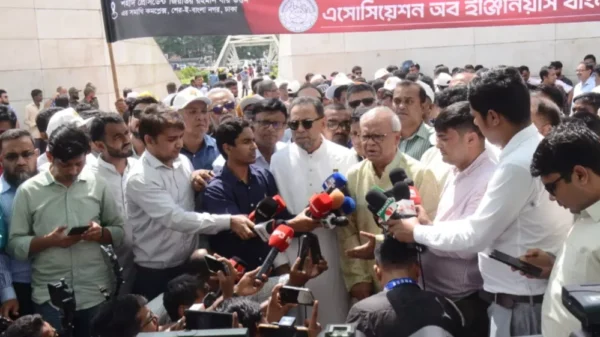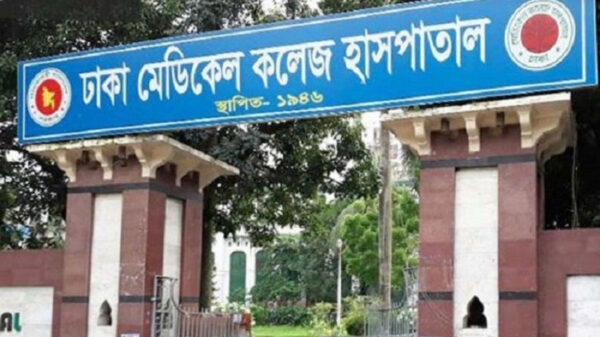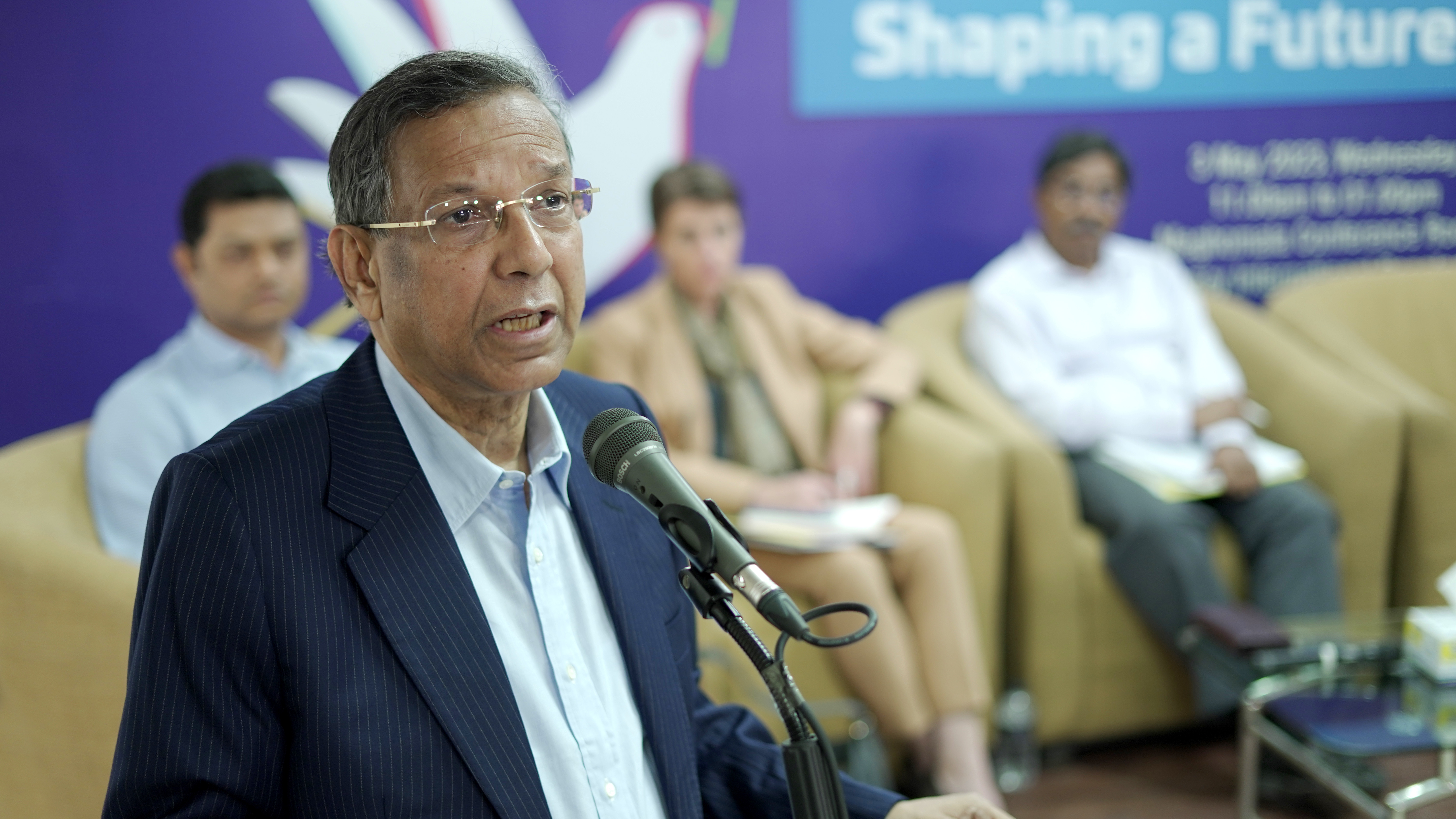Staff Reporter:
Stating that the Digital Security Act (DSA) will not be repealed, Law Minister Anisul Huq said on Wednesday that the act is undergoing a refinement process to prevent its misuse and will be amended by September during the tenure of this government.
“We have nearly completed reviewing the technical recommendations on the law sent by the UN human rights agency,” he said while talking to journalists at a program organized by UNESCO in partnership with Transparency International Bangladesh and ARTICLE 19 to mark World Press Freedom Day in Dhaka.
A committee comprising members of the Legislative and Parliamentary Affairs Division, officials from the foreign and home ministries, ICT Division, and the Law and Justice Division is working on amending the law and has met “two or three times,” said Anisul Huq.
The law minister recalled United Nations High Commissioner for Human Rights Volker Türk’s assistance in providing “detailed technical comments to assist with such a revision [of the law].”
Anisul Huq also recalled the visit of Michelle Bachelet, Türk’s predecessor, last year.
“Her office also gave recommendations for certain provisions of the act,” he said.
The minister acknowledged that there has been some misuse in the implementation of the DSA.
He said: “The misuse of the law has declined compared to earlier days due to various government initiatives. Efforts have been made to amend the DSA to further reduce its misuse. Acceptable laws will be made for all.”
Huq emphasized that the Digital Security Act was not brought in to undermine the freedom of the press or media but to combat cybercrime.
He stated that the government believes in free media and makes no attempt to control it.
Addressing journalists’ concerns about Prime Minister Sheikh Hasina’s statement that Prothom Alo is an “enemy of democracy,” Huq said everyone, including the prime minister, has freedom of speech.
He pointed out that the editor of Prothom Alo has been granted bail.
The law minister also discussed the issue of Bangladesh’s ranking on the index of media freedom, stating that if the country is ranked below Afghanistan, it obviously raises concerns.
Transparency International Bangladesh (TIB) Executive Director Iftekharuzzaman said: “No matter how the DSA is amended, it will not be good for the people. So, we cannot accept its amendment. We demand the cancellation of the law.”
At the event, UN Resident Coordinator in Bangladesh Gwyn Lewis said: “By accelerating media freedom, we are accelerating our own development. Journalism is a profession where only the public interest is given priority. It is our responsibility to ensure its protection. On World Free Media Day, I congratulate all the media workers of Bangladesh who have conveyed the correct information by uncovering the truth.”
Meanwhile, Dr Gitiara Nasreen said: “We see that just having more media does not ensure freedom of media. The most important thing is to be able to work freely. As evidence shows in research, when inequality increases, media freedom will decrease.”
Reaz Ahmad, executive editor of Dhaka Tribune, said: “When the Digital Security Act was enacted, a war on drugs was declared in Bangladesh and that war ended with the death of Major Sinha.
“There were more reports of such extrajudicial killings then, but they did not come to the fore because of this law. We want to say, there should be nothing to control the media; rather everyone should work to ensure a proper working environment for the media,” he added.
National Human Rights Commission Chairman Dr Kamal Uddin Ahmed, Ambassador of Sweden Alexandra Berg von Linde, and Barrister Joytirmoy Barua also participated in the discussion.


